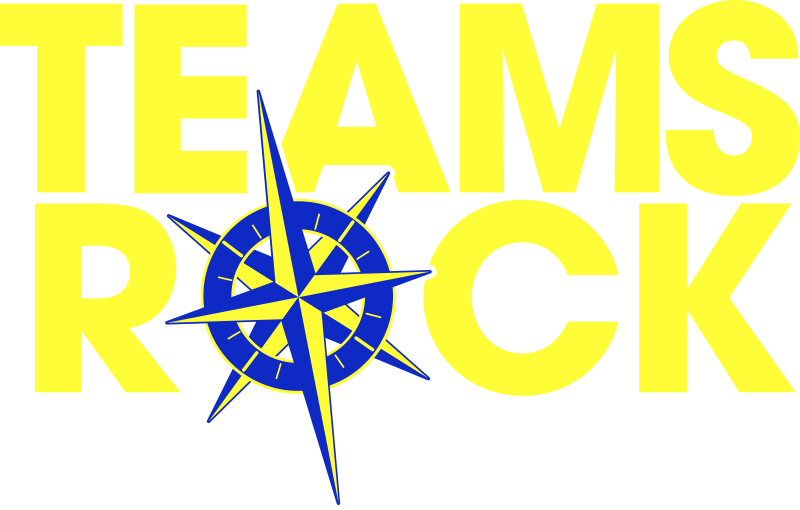Verbal, Vocal, Visual: Key Employee Development Skills
How do you want to communicate with your fellow team members? Do you want to make sure they pay attention to you? That they understand the information you’re trying to impart? That the team accomplishes the objective faster or better because of what you’ve told them?
To better communicate with others, take a look at the three biggest factors in communicating successfully:
- Verbal (the words we use)
- Vocal (the tonality of the words being spoken)
- Visual (how the person speaking looks to others)
 The words we use can improve or exacerbate a situation. In a previous post, I described a situation where my boss lost his temper and started venting at a hotel manager due to a mix-up with the rooms. Now, the venting itself was one way to use words. But it was what the manager DIDN’T do that helped to calm the situation. The manager let this person vent and did not ask him to calm down – instead, once the barrage of angry words was over, the manager calmly began working through solutions with him.
The words we use can improve or exacerbate a situation. In a previous post, I described a situation where my boss lost his temper and started venting at a hotel manager due to a mix-up with the rooms. Now, the venting itself was one way to use words. But it was what the manager DIDN’T do that helped to calm the situation. The manager let this person vent and did not ask him to calm down – instead, once the barrage of angry words was over, the manager calmly began working through solutions with him.
The situation provided a prime example of Verbal and Vocal factors in communication. One side, the angry customer, used a barrage of angry words to take the hotel to task over the situation. His vocal tonality was agitated and loud. The other side, the hotel manager, spoke carefully and calmly. Her vocal tone was neutral, helping to de-escalate the conflict so that both sides could work together to fix the problem. Pitch, power, and pace of vocalization – how fast or slow you speak, how high or low pitched your voice is – can make a dramatic difference in how others react to what you’re saying.
How we present ourselves Visually also can make a difference in how effectively we get through to others. Now, I’m not just talking about how we dress. There are certainly professional standards of dress for office workers, for medical personnel, for keynote speakers, and so on. Yet I’ve met impressive communicators who wear casual attire, have full-sleeve tattoos, blue hair, you name it.
Visual communication is much deeper. It’s making eye contact when you speak to someone. It’s stopping in the office hallway to genuinely and warmly thank them for their help. It’s shaking hands, high fives and fist bumps. It’s making the other person feel like they’re the only person in the room – even when 99 other people are present.
Consider the way that you communicate with colleagues. Do you show genuine interest in the things they’re telling you, or do you just nod and go through the motions of replying? Do you avoid making eye contact when delivering news (good or bad)? Do you sometimes mumble when you speak, or not speak loudly enough? Try out the 3 V’s at home: Verbal, Vocal and Visual communication, and put it into practice with the team.
 Excerpted from One Team, One Dream by Gregg Gregory
Excerpted from One Team, One Dream by Gregg Gregory
For more information, get your copy of Gregg’s book, One Team, One Dream today! Available in both print and electronic versions!
Bring Gregg to you!
Featured team development seminar – Synchronize Your Team


Leave A Comment